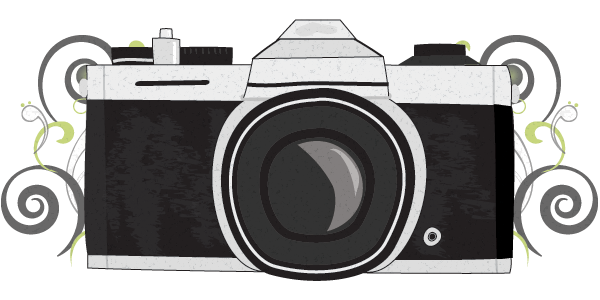This week’s topic had me looking towards the future. The conclusion that i have come up with after looking at the readings is that we are really not that far from the future at all. Technology has rapidly caught up with us and is now tailored to suit our every need. I want to focus on ubiquitous computing and ambient intelligence because i believe that they are a present day reality that will be perfected and heavily used in the future.
Ubiquitous computing, which is a form of human-computer interaction is deeply entrenched and integrated into our everyday lives without us even knowing it and is heavily reliant on wireless forms of technology. If i walked around campus carrying a massive computer monitor, keyboard and mouse i’m pretty sure i would stick out like a sore thumb. However, there’s nothing out of the ordinary for uni students to take their laptops around with them. This is because ubiquitous computing also relies on mobility. This is how it fits into our lives so easily. Devices that are able to move around with you are the ones you don’t even notice you’re using. There’s nothing inconvenient about taking your phone with you and each app is made to seamlessly work with you throughout your day.
Furthermore, ambient intelligence is characterised by technology that is context aware, personalised and anticipatory. This means that these devices can recognize you and your situational context, can cater to your preferences and can even anticipate what you want without any given knowledge (Zelkha & Epstein 1998; Aarts, Harwig & Schuurmans 2001).
Although it sounds super freaky and something out of a ‘Blade Runner-esque’ dystopian universe, ambient intelligent environments are actually pretty normal in our everyday lives. Context aware technologies are essentially location aware devices. My mobile phone is location aware. It integrates GPS information into a majority of my apps in order to tailor information to my whereabouts.
An example of personalised technology is the homepage of Safari on my Macbook. On opening, 9 of my most accessed sites are presented in order for me to quickly engage with my favourite sites. It is there for my convenience and is constantly changing depending on how many times i visit a site. Furthermore, changing the ringtone on your phone or the desktop background of your computer are all ways to personalise your media and make you feel connected to these technologies.
The most interesting aspect of ambient intelligence is definitely anticipatory technologies. These devices make decisions based on expectations and predictions. For example, an iPad app called MindMeld is a group audio or video conferencing application that listens to what you say and begins surfacing information based on what you are discussing. This device is ultimately the way of the future as we need technology to help us comb through the complexities of the expanding online world.
I fully believe that we have only scratched the surface with ubiquitous computing and ambient intelligence, and technology will be so personalised that it will not only flow easily with our lives, but become a basic necessity of our existence in order to carry out every day activities.
Then again, i can already see that some devices have become so intertwined into some of our lives that we probably wouldn’t be able to live without it today in 2013, let alone the future.
Hauntology
References:
Anon. (n.d.) ‘Ubiquitous Computing’ Wikipedia < http://en.wikipedia.org/wiki/Ubiquitous_computing >
Zelkha, Eli; Epstein, Brian; Birrell, Simon; Dodsworth, Clark (1998), “From Devices to “Ambient Intelligence””, Digital Living Room Conference (June 1998)
Gigaom/Om Malik. 2012. New app MindMeld heralds the era of anticipatory computing. [ONLINE] Available at: http://gigaom.com/2012/09/11/new-app-mindmeld-heralds-the-era-of-anticipatory-computing/. [Accessed 01 May 13]
